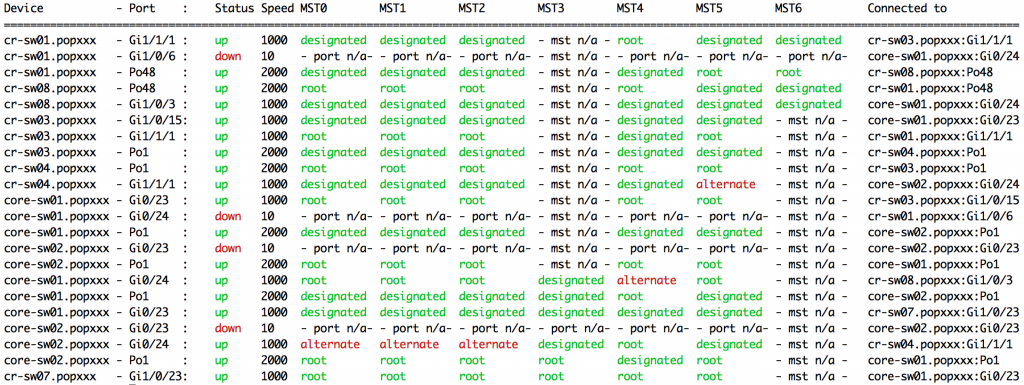Because I was asked, I will be voting YES in the referendum to establish a Court of Appeal. Primarily because there is now a four year waiting list for appeals to the Supreme Court and justice delayed is justice denied.
What’s it all about? Succinctly: There are two main streams of law in Ireland – criminal and civil. We already have a Court of Criminal Appeal but we have no court of civil appeal. Because of this, all civil law appeals go directly to the Supreme Court resulting in a backlog of 4 years. There are only eight judges on the Supreme Court and they generally sit in minimum groups of three. As you might imagine, the waiting list is not shrinking but growing considerably. This referendum seeks to establish a Court of Appeal for civil cases (and also allowing the Supreme Court to reassign existing cases on the waiting list to this new court as it sees fit). This new court will sit between the High Court and the Supreme Court.
Allow me to elaborate on some of the reasons why I am in favor of this referendum as well dispel some myths and untruths:
- Justice delayed is justice denied. Four years is an agonisingly long time for anyone seeking justice. Especially if they are at the wrong end of a bad ruling. This waiting period is also growing and not shrinking. For this reason alone, I’d vote in favor of this referendum.
- Similarly, there are commercial and human rights issues. Long waiting lists are a commercial issue for businesses seeking remedies which (a) may work against us by businesses evaluating locations for foreign direct investment; and (b) may cause businesses to close down while waiting for a judgement. In terms of human rights, Ireland has already lost or settled a number of cases before the European Court of Human Rights due to the inordinate delay of getting decisions in our existing system.
- At least it’s a solution. Perhaps it’s neither the best nor the cheapest, but it is a solution. Personally, I think it’s a good one. Others are arguing that we can battle the waiting list with additional Supreme Court judges and more efficiencies. Perhaps; but these were and / or could have been tackled last year, the year before or even the year before that. If wishes were horses and all that… But they aren’t and these other options were either not tried or were sufficiently ineffective and we now have a four year waiting list. So, let’s take our collective heads out of the imaginary world of what ifs and give this solution a chance.
- It’s not just about the waiting list. Ireland is quite unusual in that it doesn’t have a court of civil appeal. Supreme Court’s should tackle issues of national importance and constitutionality. These should be tackled in front of multiple judges (typically 3, 5 and 7 in Ireland) in a very considered and unrushed manner – because these are issues of national importance. Promoting more judges to the Supreme Court so that it can handle the increased demand of appeals of lost preliminary High Court motions is quite ridiculous and it undervalues its purpose.
- Isn’t it right that we have a Court of Criminal Appeal? We have one. All you ‘no’ campaigners realise that, right? If you wish to appeal a criminal case, you goto the Court of Criminal Appeal (which is made up on one Supreme Court judge and two High Court judges). The Supreme Court hears at most a handful of appeals from the Court of Criminal Appeal – and those that it does are deemed of national or constitutional importance (i.e. it hears the right cases from this court). But, in a strange anomaly, some seem to think we don’t need the equivalent for civil cases. It’s also important to note that this or a future Government can, through legislation, incorporate the Court of Criminal Appeal into the new Court of Appeal (a good idea in my opinion).
- Yes, it is going to cost money and, yes, it will create about ten new judges. But, you know what, doing things the right way isn’t cheap or free.
- On bullshit comparisons: (pardon my French) but some people keep banging on about equivalent numbers in the same court system in the UK versus population sizes. Beware of the Internet, and beware of so called facts. Every comparison I have read so far has compared the number of judges in the respective Supreme and High Courts – completely excluding the UK’s Crown Court – which is a function our High Court incorporates (i.e. the Criminal Courts, Central Criminal Court and Special Criminal Court). I’m not going to offer any numbers here – because, quite frankly, who cares? That’s Another Country. And they can run their court systems as they please in accordance with the demands on those courts and the level of litigation in that country. We, likewise, need to run (and, as it happens, establish) our own courts for our own circumstances.
For these, any many other reasons, I will be voting YES in the referendum to establish a Court of Appeal. I hope you do likewise.
–
The contents of this posting may be used freely in whole, part or edited without attribution. Get the message out!
 From a very simple array of port details at the top of the script, it will poll all switches and for each port print:
From a very simple array of port details at the top of the script, it will poll all switches and for each port print: